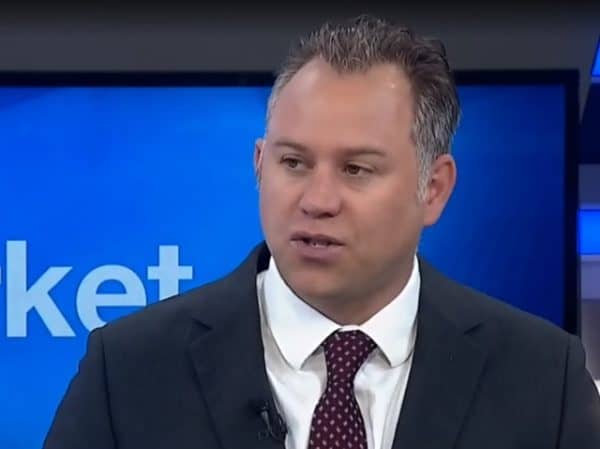

Go with Telus (Telus Stock Quote, Chart TSX:T), says portfolio manager Jason Del Vicario, who points to the company’s capital investments in stretching out its fibre optic network as a difference maker.
Like much of the market, Telus had a rocky 2018, ending the year down 5.0 per cent, which was better than BCE’s 10.7 per cent drop and Shaw’s 13.9 per cent loss but less impressive compared to Rogers’ 7.7-per-cent gain.
The telcos were all winners in terms of subscriber additions in 2018, however, notably in their wireless segments where there is still room for more market penetration. Over Telus’ last reported quarter, its fiscal third for 2018 delivered on November 8, the company reported total customer growth of 187,000, with 145,000 net new wireless additions. That comes with a customer churn rate of just 0.87 per cent, said to be tops in the industry.
Telus’ piece of Canada’s wireless pie is smaller than that of BCE and Rogers but Del Vicario thinks that its buildout has been the more impressive, where Telus has invested hundreds of millions in recent years.
“We owned Telus for a brief period a while ago. They’re a pretty well-diversified company. Telus has spent a lot of money over the past few years building out their fibre optic network, whereas the likes of BCE, Rogers and Shaw haven’t necessarily done that to the same extent,” says Del Vicario to BNN Bloomberg.
“They don’t quite have the growth rate that we look for — our cutoff is 20 per cent and Telus has been in around the low to mid teens. But of all of the them, I think Telus is really a standout amongst those four,” he says.
Telus reported operating revenue of $3.77 billion in its third quarter, up from $3.40 billion a year earlier, and a profit of $447 million, up from $406 million a year earlier. That amounted to earnings of 74 cents per share, beating analysts’ expectations of 72 cents per share.
Leave a Reply
You must be logged in to post a comment.






 Share
Share Tweet
Tweet Share
Share




Comment